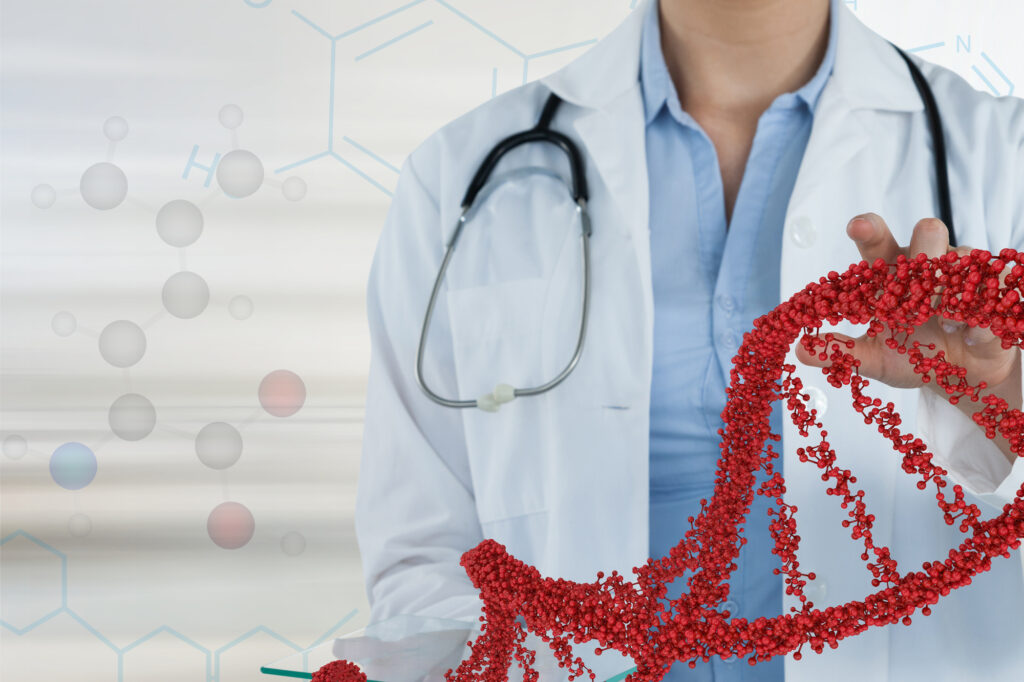MSC – Mesenchymal Stem Cell
BMC – Bone Marrow Concentrate
PRP – Platelet Rich Plasma
IL1-ra – Interleukin 1 Receptor Antagonist Protein
IKDC – International Knee Documentation Committee
HA – Hyaluronic Acid
Autologous Cell Transplantation –
Autologous cell transplantation (also called autogenous or autogeneic, ) is autologous transplantation of cells—that is, transplantation in which cells (undifferentiated cells from which other cell types develop) are removed from a person, stored, and later given back to that same person. Although it is most frequently performed with hematopoietic cells (precursors of blood-forming cells) in hematopoietic cell transplantation, cardiac cells have also been used successfully to repair damage caused by heart attacks.
Autologous cell transplantation is distinguished from allogenic cell transplantation where the donor and the recipient of the cells are different people.

Mesenchymal cells can be concentrated from a patient’s iliac crest bone marrow to provide treatment. In spite of that, surgeons often ask if they can use autologous cell therapy to treat older patients. There is a concern because it has been documented that the number stem cells in our bone marrow decreases with age (1, 2).
The simple truth is that the natural decrease of MSC population in the marrow of older patients does not preclude autologous cell treatment as an option. Dr. Phillipe Hernigou will soon be publishing data comparing traditional, bilateral total knee arthroplasty (TKA) with subchondral injection of concentrated, autologous bone marrow. The study is particularly interesting because it examined a patient population in which all patients were older than 85 years. Patients were also matched in their demographic and radiographic scores.
Dr. Hernigou extracted a relatively large volume (200mL) of bone marrow from each patient’s iliac crest, and he that showed that through concentration one can achieve significant numbers of MSCs. He observed over an average of 3500 MSCs /mL in the concentrate from these older patients. Clearly, there are indeed stem cells in the marrow of older patients and through concentration, the cells can be used for treatments.
The average follow-up for the study patients was 4-14 years with an average of 6 years. Patients treated with the concentrated marrow injections showed similar improvement to those treated with total knee arthroplasty. Treatment with bone marrow concentrate injections also showed advantages to TKA in categories such as length of hospital stay, length of anticoagulation therapy and other outcome measures. Dr. Hernigou was kind enough to allow us to mention his results here, but to see more details you’ll have to wait until the study is published. We’ll be certain to announce it here, so you’ll be the first to know.
Dr. Hernigou has also presented the way in which he adapts to the decrease of MSCs in older patients by aspirating larger amounts of marrow while using his small-volume syringe technique, which optimizes MSC collection. Collecting a larger volume of bone marrow allows more total MSCs to be present when the marrow is concentrated. We’ll discuss this in a later blog.
Richard Suzuki, PhD
November 8, 2016
Bone Marrow, Bone Marrow Aspiration, Regenerative Medicine, Stem Cells